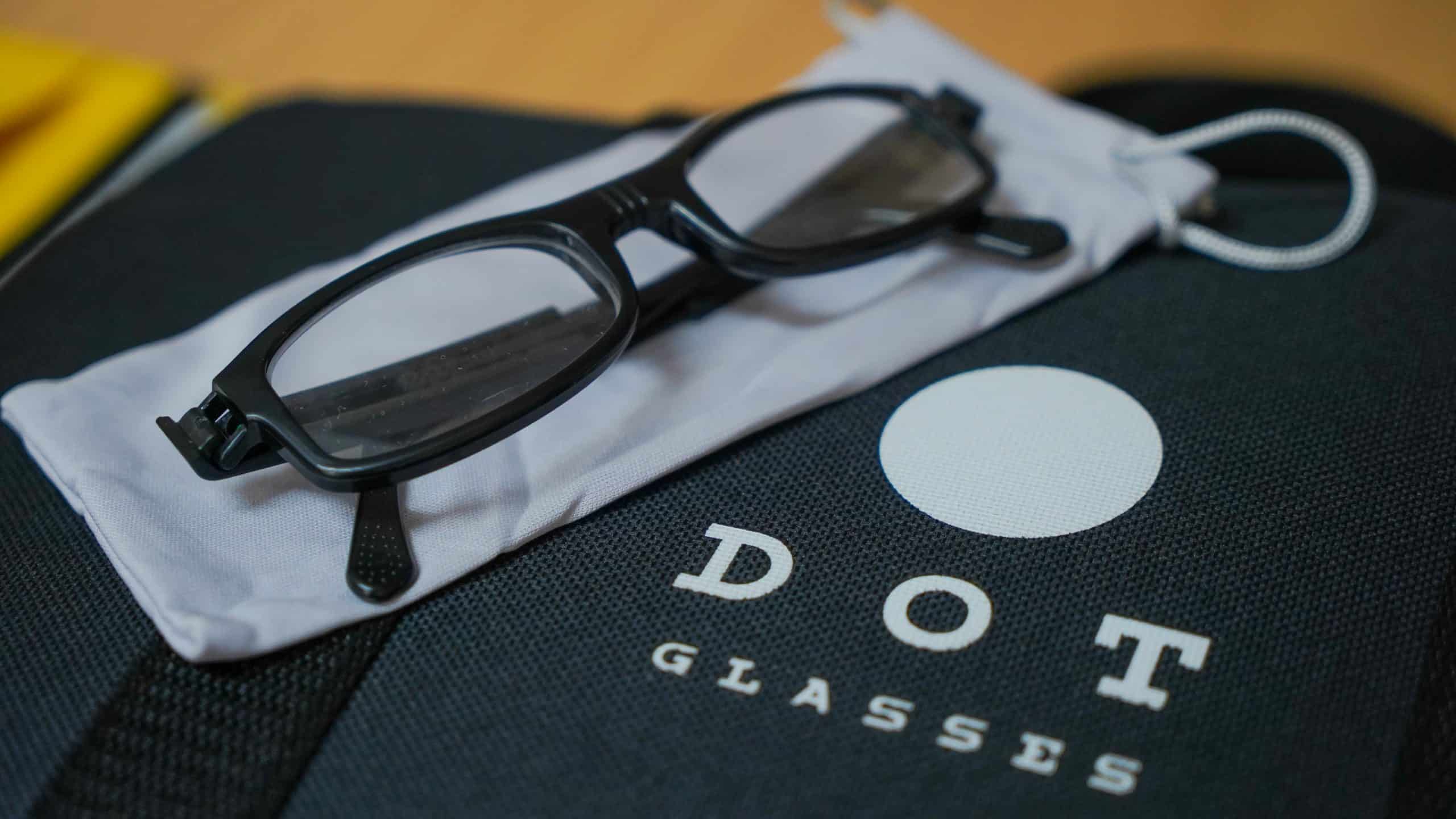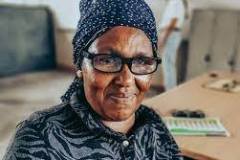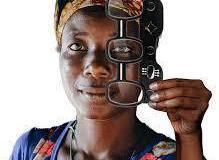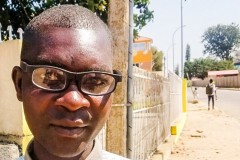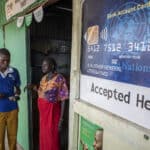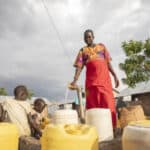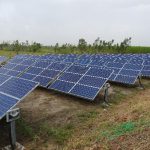Wessex Social Ventures (WSV) is a social enterprise that avails DOT Glasses to communities in 14 countries in East Africa, West Africa, South Asia, and Central Asia. In Kenya, DOT Glasses focus on rural and peri-urban areas targeting the poorest and most underserved.
DOT Glasses provides low-cost adjustable eyeglasses to those who could not previously afford or access them. Through a network of local retailers, glasses can be dispensed in local communities while more serious cases are referred to the existing vision clinics.
Through KKCF funding, DOT Glasses are building a sustainable, self-financing network of micro-entrepreneurs to test vision and dispense glasses. This will create jobs in the Kakuma/Kalobeyei area while helping both the refugee and host communities to improve vision – which will have a positive effect on work productivity, school performance, safety, and general life satisfaction. Lessons learned from the Kakuma Kalobeyei area will see DOT Glasses scaling to other refugee camps.
Visit the DOT Glasses website here: https://www.dotglasses.org/
Company FAQs
What attracted you to the Kakuma/Kalobeyei area? Why did you choose to apply for the KKCF funding?
The core essence of WSV’s mission is to support communities to address fundamental development barriers. In DOT Glasses, we seek out underserved communities with no basic eyecare options or glasses distribution. The KKCF funding has enabled us to bring DOT Glasses to an isolated and high-risk location to establish sustainable foundations and scale within a significantly reduced timeframe and overall cost.
What do you look forward to doing in Kakuma/Kalobeyei? How do you see your business growing in the next 5 years? What challenges have you had to overcome?
We look forward to bringing the gift of good sight to the estimated 35,000 people who need eyeglasses; enabling them to learn, earn and live better, and prevent issues of low self-esteem and compromised
safety.
In the next 5 years, our work in the KK area will provide a springboard into northwest Kenya and neighbouring regions. We are expanding eyecare accessibility and the distribution of truly affordable eyeglasses. Ours is a sustainable model without any subsidy.
This is the first time we are operating in the KK area and the first time we are operating in a predominantly refugee context. Fortunately, we were able to hire from the host community, thus leveraging the experience of gained from working in the camp with networks of agents. UNHCR have also been immensely helpful in navigating the various health partners in the camp as well as engaging the local government.
What are some of the foreseeable impacts in the Kakuma and Kalobeyei area following your interventions?
- Directly creating 18 jobs
- Providing the gift of good sight to 35,000 people
- Increasing working people’s incomes by 18%
- Improved education performance among students who were previous three times more likely to fall behind their peers. Eye glasses have three to 10 times greater impact on education performance than de-worming or nutrition support (Seeing is Learning, 2017)
What advice would you give other SMEs that are working in fragile/difficult situations, with refugees and their host communities?
We have only just started working in the KK area. However, we have two key pieces of advice:
- Find a strong supporter at UNHCR who likes what you are doing, this has made accessing potential partners and government officials much easier.
- Recruit local staff. They understand the culture and systems.
